order histories, retained contact details for faster checkout, review submissions, and special promotions.
Forgot password?
order histories, retained contact details for faster checkout, review submissions, and special promotions.
Location
Corporate Headquarters
Vector Laboratories, Inc.
6737 Mowry Ave
Newark, CA 94560
United States
Telephone Numbers
Customer Service: (800) 227-6666 / (650) 697-3600
Contact Us
Additional Contact Details
order histories, retained contact details for faster checkout, review submissions, and special promotions.
Forgot password?
order histories, retained contact details for faster checkout, review submissions, and special promotions.
TUBA1A / Tubulin Alpha 1a
tubulin, alpha 1a
Microtubules of the eukaryotic cytoskeleton perform essential and diverse functions and are composed of a heterodimer of alpha and beta tubulins. The genes encoding these microtubule constituents belong to the tubulin superfamily, which is composed of six distinct families. Genes from the alpha, beta and gamma tubulin families are found in all eukaryotes. The alpha and beta tubulins represent the major components of microtubules, while gamma tubulin plays a critical role in the nucleation of microtubule assembly. There are multiple alpha and beta tubulin genes, which are highly conserved among species. This gene encodes alpha tubulin and is highly similar to the mouse and rat Tuba1 genes. Northern blotting studies have shown that the gene expression is predominantly found in morphologically differentiated neurologic cells. This gene is one of three alpha-tubulin genes in a cluster on chromosome 12q. Mutations in this gene cause lissencephaly type 3 (LIS3) - a neurological condition characterized by microcephaly, mental retardation, and early-onset epilepsy and caused by defective neuronal migration. Alternative splicing results in multiple transcript variants encoding distinct isoforms.
| Gene Name: | tubulin, alpha 1a |
| Synonyms: | TUBA1A, Alpha-tubulin 3, B-ALPHA-1, Hum-a-tub1, TUBA3, Tubulin alpha-3 chain, Tubulin B-alpha-1, Tubulin, alpha 1a, Tubulin, alpha, brain-specific, Hum-a-tub2, LIS3, Tubulin Alpha 1a, Tubulin alpha-1A chain |
| Target Sequences: | NM_006009 NP_006000.2 Q71U36 |
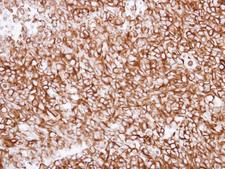
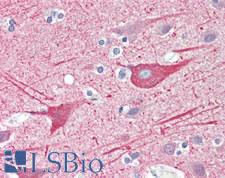
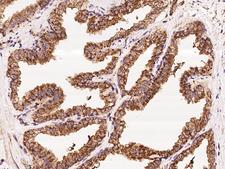
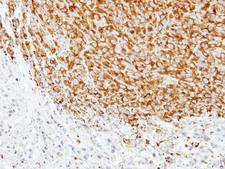
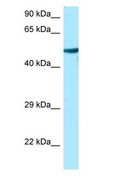



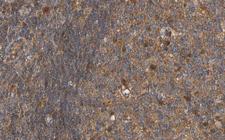
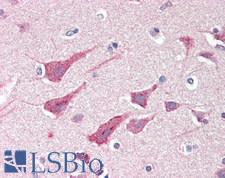
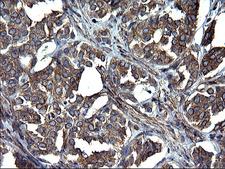

![TUBA1A / Tubulin Alpha 1a Antibody - Immunofluorescence of monoclonal antibody to TUBA1A on HeLa cell . [antibody concentration 10 ug/ml]](https://lsbio-7d62.kxcdn.com/image2/tuba1a-tubulin-alpha-1a-antibody-clone-2d2-ls-c198502/147083_5150317.jpg)
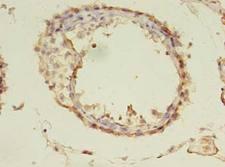
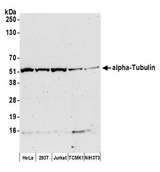
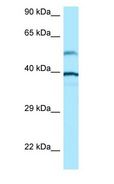
If you do not find the reagent or information you require, please contact Customer.Support@LSBio.com to inquire about additional products in development.











